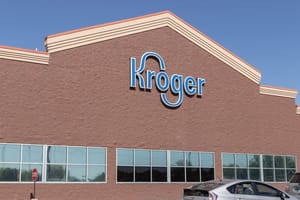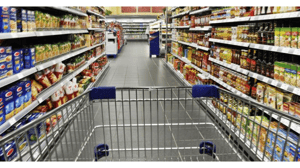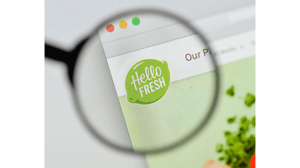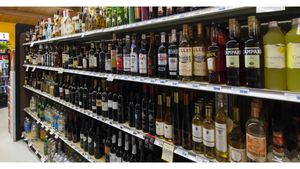Sponsored By
Legislation & Regulatory News
A headshot of Jim Jones
Executive Moves
Head of FDA’s food division resignsHead of FDA’s food division resigns
Jim Jones cites layoffs of 89 workers who were “critical to [the administration’s] agenda,” per reports
Stay up-to-date on the latest food retail news and trends
Subscribe to free eNewsletters from Supermarket News




.webp?width=700&auto=webp&quality=80&disable=upscale)


































.png?width=300&auto=webp&quality=80&disable=upscale)




.webp?width=300&auto=webp&quality=80&disable=upscale)
